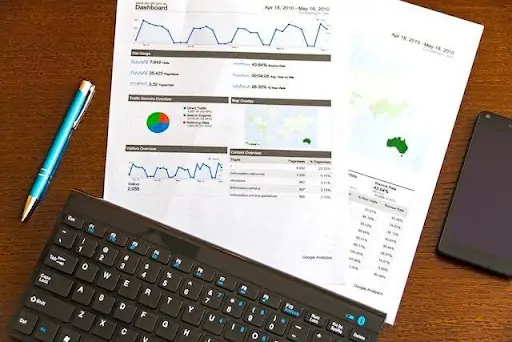The digital age has ushered in a host of tools and technologies that are revolutionizing industries, and construction is no exception. Among the various digital tools adopted, time management platforms stand out for their pivotal role in streamlining operations. Let’s explore the myriad benefits of integrating digital time management into construction processes.
Key Benefits of Digital Time Management in Construction
1. Real-time Monitoring and Adjustments
Digital tools provide project managers with the capability to monitor every phase of the construction in real-time. This continuous oversight means potential issues can be identified and rectified immediately, thereby preventing cascading delays. It’s akin to having a bird’s-eye view of the entire project, enabling proactive management rather than reactive adjustments.
2. Enhanced Collaboration
Modern digital platforms are built to foster collaboration. They act as a central hub where architects, engineers, contractors, and even clients can communicate, share documents, and provide updates. This centralized communication ensures that all stakeholders are on the same page, reducing misunderstandings and promoting synergy.
3. Accurate Forecasting
The predictive analytics features embedded in many digital time management tools are game-changers. They analyze past data, current trends, and project complexities to forecast potential delays or challenges. With this foresight, project managers can devise strategies or allocate resources to mitigate these anticipated challenges.
4. Efficient Resource Allocation
Digital oversight means that every resource, from manpower to machinery, is tracked. Project managers can allocate resources where they are most needed, preventing idle manpower or machinery, which can be both costly and inefficient.
5. Comprehensive Reporting
With a few clicks, digital platforms can generate detailed reports. These reports can provide insights into labor hours, resource utilization, project milestones, and more. Stakeholders can leverage these insights to make informed decisions, optimize processes, and ensure the project stays on track.
6. Improved Accountability
Digital tools leave a digital footprint. Every task update, comment, or document uploaded is associated with an individual. This traceability ensures that every team member takes responsibility for their assigned tasks, promoting a culture of accountability and transparency.
7. Access Anytime, Anywhere
Many digital time management tools are cloud-based, allowing access from any location with internet connectivity. Stakeholders can remain informed and participate in the project whether they are on-site, in the office, or across the globe.
8. Reducing Human Errors
Digital platforms minimize the manual input required, relying instead on automated processes, algorithms, and pre-defined templates. This significant reduction in manual input naturally decreases the chances of human errors, leading to more accurate and reliable project management.
9. Scalability for Large Projects
Digital tools are inherently scalable. As construction projects grow in size and complexity, these platforms can effortlessly handle the added workload. This scalability ensures that whether you’re managing a small residential project or a sprawling commercial complex, digital time management remains consistently efficient.
10. Environmentally Friendly
The shift to digital means a drastic reduction in paperwork. This not only streamlines operations but also reduces the environmental impact. Fewer trees are cut for paper, and there’s a significant reduction in the carbon footprint associated with producing and transporting physical documents.
11. Streamlined Documentation and Compliance
Digital platforms often come with built-in documentation management systems. All necessary permits, contracts, design documents, and other essential papers are stored securely in one place. With easy access and retrieval capabilities, ensuring compliance with regulations becomes more straightforward. Plus, with digital timestamps and version control, tracking changes and updates becomes hassle-free, providing an audit trail if ever needed.
12. Enhanced Client Satisfaction
Clients nowadays expect transparency and regular updates. Digital time management tools often feature client portals where clients can log in to see real-time progress, upcoming milestones, and any potential delays. This transparency builds trust and ensures that clients are always in the loop, leading to higher satisfaction and fostering long-term relationships.
Conclusion: Navigating the Construction Landscape with Digital Precision
Integrating digital time management tools into construction is now essential, not just an added perk. With the increasing complexity of construction projects, there’s a heightened demand for accuracy, productivity, and teamwork. Digital solutions provide these advantages, guaranteeing that projects meet deadlines, stay within financial limits, and uphold top-notch quality standards.
For a comprehensive look at time management techniques in construction, refer to this detailed guide.







